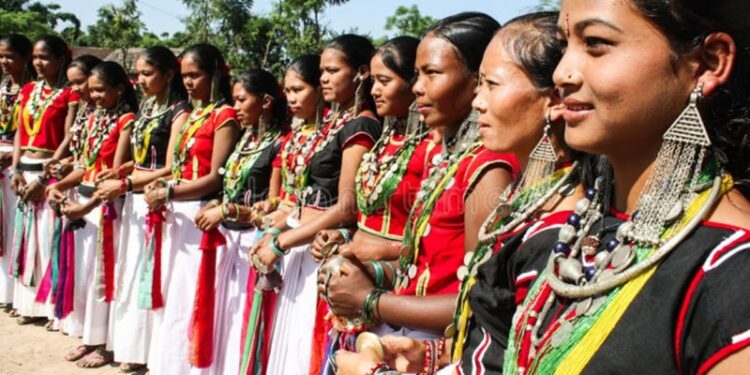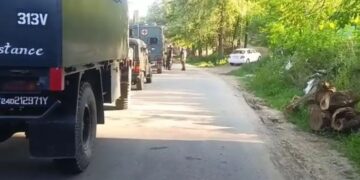A portion of the Tharu Buksa tribe in Uttarakhand, known to be descendants of the legendary Maharana Pratap, has been converted to Christianity leading to concerns among local communities and authorities. It is estimated that nearly 40% of the Tharu Buksa population in the assembly constituencies of Khatima, Sitarganj, and Nanakmatta, near the Nepal border, have been influenced by Christian missionaries. This missionary activity is not just limited to the Tharu Buksa community but is also spreading among Sikhs and Jaunsari tribes in other regions of Uttarakhand, such as Jaunsar Bawar.
Christian missionaries have long had a presence in these areas, dating back to the post-independence period when Uttarakhand was part of Uttar Pradesh. Initially, the missionaries entered tribal areas under the pretext of providing education and medical services, slowly expanding their influence. The Tharu Buksa tribe, who settled in the region to escape Mughal persecution centuries ago and later received legal tribal status with job reservations after independence has now become a focal point fo these missionary efforts.
The root of this expansion lies in the strategic importance of Uttarakhand, particularly the districts along the Nepal border, which were historically underdeveloped. Christian missions established schools and medical facilities, gradually weaving a web of influence over the local population.
In the Sikh communities, Christian missionaries have appointed pastors who wear traditional Sikh attire, including turbans and Kirpans, making their influence harder to detect. Some of these missionaries, despite having Hindu names, are deeply involved in anti-Hindu activities. For example, in the Jaunsar region, a local youth named Sundar Singh Chauhan was engaged in conversion efforts among the local population.

















Comments